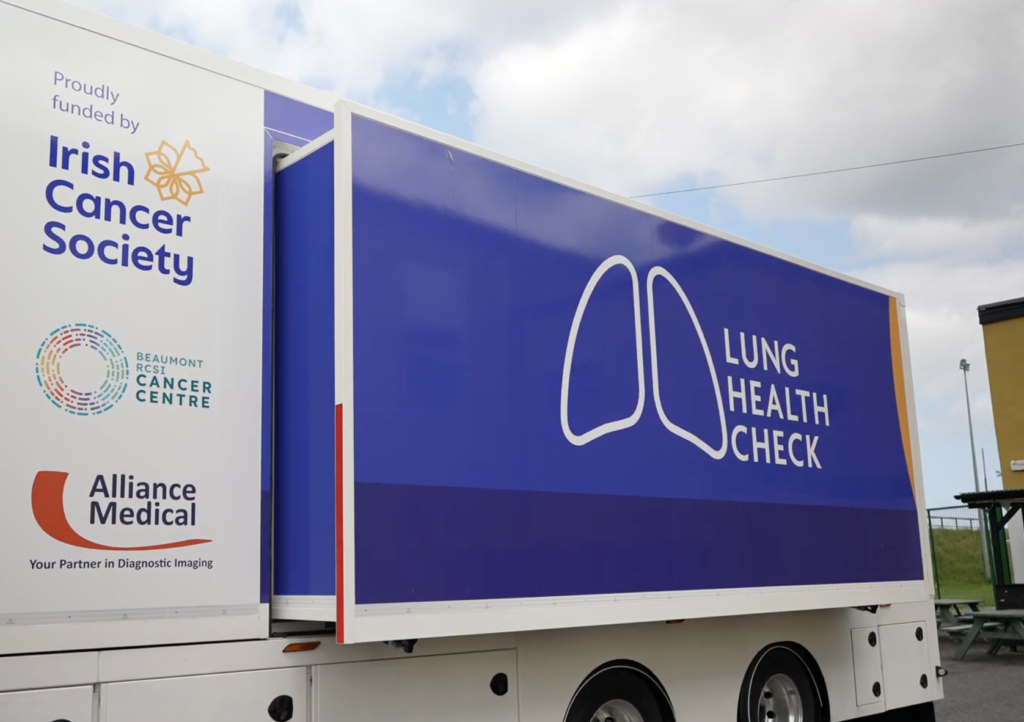
Ireland’s experience: working with primary care to scale lung cancer screening
Prof. Dr. Patrick Redmond, Ireland co-lead for the SOLACE project and a GP and researcher at the Royal College of Surgeons in Ireland, is helping shape how lung cancer screening could be delivered through general practice. His team’s work focuses on how primary care can identify and support people at higher risk, and how screening might be integrated into routine community healthcare.
With a community-based model currently being tested in feasibility studies, Ireland’s early experience offers useful insights for developing approaches that could be scaled effectively and sustainably. Watch to learn more about Ireland’s approach:
Building a trusted pathway through general practice
Ireland’s model for implementing lung cancer screening is rooted in general practice. GPs are among the most trusted healthcare professionals, and this trust can play a key role in encouraging participation.
“GPs know their patients very well,” says Prof. Redmond. “They can pick out those who would benefit most from participating in lung cancer screening.”
This personal connection can help overcome one of the major barriers to uptake: uncertainty or reluctance among patients, particularly those who feel stigmatised because of their smoking history.
Reaching people at higher risk
Lung cancer screening typically targets people aged 55 to 74 with a history of smoking, usually measured as 20 or more pack years (smoking 20 cigarettes per day for 20 years or equivalent). Identifying who meets these criteria can be challenging without accurate smoking history records. Here, local knowledge within primary care teams can be invaluable, helping to find and invite the people most likely to benefit.
Prof. Redmond explains that primary care can support both recruitment and informed decision-making, ensuring people understand what screening involves, its potential benefits and any possible downsides.
Bringing screening into the community
To improve access, Ireland is trialling a mobile approach: a low-dose CT scanner in a specially equipped truck, operating in partnership with GP practices. This allows screening to take place close to where people live, in a familiar healthcare setting, with conversations guided by professionals they already know.
By combining local accessibility with clear, tailored communication, the aim is to make screening feel less intimidating and more approachable.
What support is needed to scale
While the early findings are promising, offering lung cancer screening through primary care at a national level would require significant investment. “One [challenge] is obviously workload,” says Prof. Redmond. “So giving more resources to general practice to be able to take on this challenge.”
That means not only time but also training and tools – including support for balanced discussions about the benefits, limitations, and potential downsides of screening, and helping people make choices that are right for them.
Clear patient information, protected time for conversations, and streamlined referral systems will be key to making the model sustainable.
A strong foundation for future rollout
Ireland’s early work suggests that lung cancer screening could be integrated into general practice and delivered in a way that feels local, trusted and effective. With the right resources and policy support, this model could inform future national implementation and offer a blueprint for other countries aiming to embed screening within primary care.

